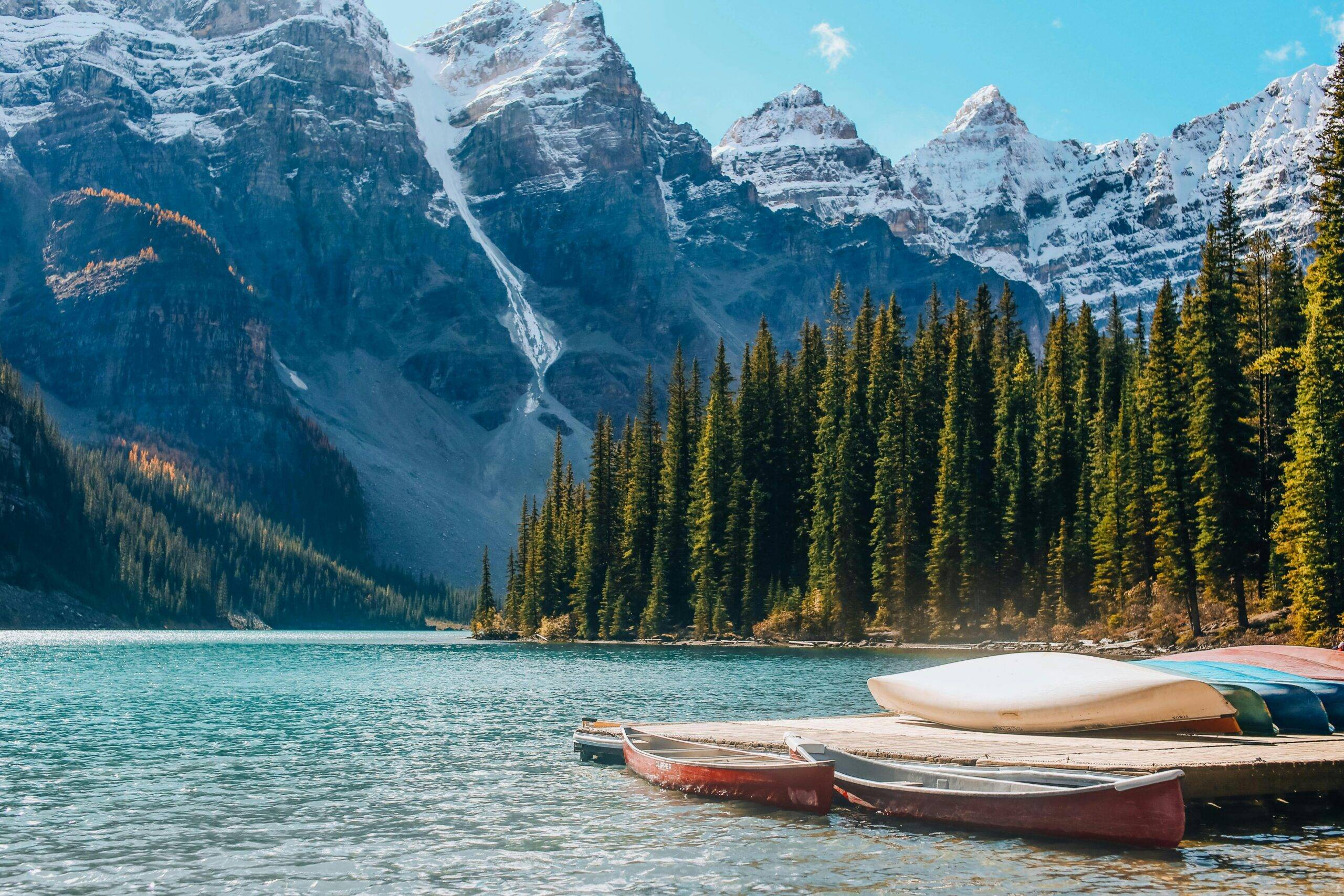Canada’s Best Winter Festivals: Celebrate the Snowy Season in 2024
Canada’s winter season is filled with festive cheer, dazzling ice sculptures, and cultural celebrations that make the snowy season a time for unforgettable experiences. Whether you’re looking to explore the bright lights of winter festivals, enjoy outdoor activities, or embrace the local traditions, Canada offers an incredible range of events that will keep you warm with excitement. Here are some of the best winter festivals to check out in 2024!
1. Quebec Winter Carnival (Carnaval de Québec)
Location: Quebec City, Quebec
When: January 26 – February 11, 2024
One of the world’s largest and most famous winter festivals, the Quebec Winter Carnival is an essential stop for anyone visiting Canada in the winter. Celebrating its 70th anniversary in 2024, the carnival brings a vibrant array of activities, including night parades, ice canoe races, snow sculptures, and outdoor concerts. Don’t forget to say “Bonjour!” to Bonhomme Carnaval, the event’s friendly mascot.
- Must-See: The Ice Palace, which is built entirely of ice and snow, and the Night Parades, which light up the streets with floats, music, and fireworks.
2. Ottawa Winterlude
Location: Ottawa, Ontario
When: February 2 – 19, 2024
Ottawa Winterlude is another iconic Canadian winter festival that embraces everything winter has to offer. The festival features the world-famous Rideau Canal Skateway, the longest outdoor skating rink in the world, stretching for over 7.8 kilometers. Along with ice skating, you’ll find stunning ice sculpture competitions, winter sports, and lively music performances.
- Must-See: The Ice Sculpture Competition held at Confederation Park, and the incredible ice slides for kids and families to enjoy.
3. Ice Magic Festival
Location: Lake Louise, Alberta
When: January 19 – 28, 2024
For those who love winter art and nature, the Ice Magic Festival at Lake Louise in the Banff National Park is a must-visit. Each year, professional ice carvers from around the world come to create stunning sculptures made entirely of ice. The backdrop of the majestic mountains and pristine lake creates the perfect winter wonderland setting for this magical event.
- Must-See: The awe-inspiring ice sculptures, along with the breathtaking mountain views surrounding Lake Louise.
4. Toronto’s Winter Village at the Distillery District
Location: Toronto, Ontario
When: December 1, 2023 – February 25, 2024
Toronto’s Winter Village at the historic Distillery District transforms the city into a charming holiday destination. Although it’s not your typical “festival,” the Winter Village is a winter wonderland of shopping, dining, and ice skating in a historic, cobblestone setting. It’s the perfect place for a romantic outing or family fun with seasonal vendors and festive lights.
- Must-See: Ice skating on the outdoor rink and browsing local artisan goods at the Holiday Market.
5. Yukon Sourdough Rendezvous
Location: Whitehorse, Yukon
When: February 16-25, 2024
The Yukon Sourdough Rendezvous is one of Canada’s most unique winter festivals, celebrating the history, culture, and spirit of the Canadian north. The festival features everything from snowshoeing and dog sledding to ice sculpting and competitions like the Yukon Quest Dog Sled Race. Traditional music and local foods also provide a rich cultural experience for visitors.
- Must-See: The Sourdough Pancake Breakfast, where you can enjoy a taste of Yukon hospitality, and the Snow Sculpture Competition.
6. Winter Folk Music Festival
Location: Guelph, Ontario
When: February 16-18, 2024
If you’re a fan of music, the Winter Folk Music Festival in Guelph is a winter highlight. Celebrating its 35th anniversary in 2024, this event brings together folk music lovers and musicians from across Canada. It’s a weekend filled with concerts, workshops, and performances in venues across the city, offering a cozy escape from the cold.
- Must-See: The winter concerts, which include some of Canada’s top folk musicians, and intimate workshops where you can learn more about Canadian folk traditions.
7. Montreal en Lumière
Location: Montreal, Quebec
When: February 22 – March 3, 2024
One of the largest winter festivals in the world, Montreal en Lumière offers a cultural feast with food, light shows, performances, and more. The festival is dedicated to celebrating both the culinary and artistic scenes of Montreal, with outdoor concerts, illuminated art installations, and a dazzling array of international food stalls and gourmet experiences.
- Must-See: The Lumina Borealis light show and the Montreal en Lumière Gourmet Restaurant Week, which offers special prix-fixe menus from top chefs.
8. The Winter Festival of Lights
Location: Niagara Falls, Ontario
When: November 2023 – January 2024
While not a strictly “winter festival,” the Winter Festival of Lights in Niagara Falls is one of Canada’s most magical seasonal events. Every year, the Falls are illuminated in spectacular fashion with millions of sparkling lights, creating a fairy-tale atmosphere. Visitors can enjoy nightly light displays, live performances, and a stunning view of Niagara Falls in all its winter glory.
- Must-See: The Winter Wonderland Display and the special light shows at the Falls, where you can enjoy both the lights and the view of the frozen waterfalls.
9. Prince Edward Island Winter Festival
Location: Charlottetown, Prince Edward Island
When: January 2024
Prince Edward Island’s Winter Festival is an exciting celebration of both winter sports and local culture. From skating and curling to performances and ice sculpture displays, this family-friendly event offers fun activities for all ages. Plus, you can enjoy the beauty of PEI’s coastal landscapes blanketed in snow.
- Must-See: The Ice Sculptures displayed around town and the Ice Fishing Tournament held on some of PEI’s frozen lakes.
Conclusion
Canada’s winter festivals are the perfect way to embrace the beauty and excitement of the snowy season. From ice skating and snow sculptures to music and parades, there’s no shortage of ways to celebrate the cold and make lasting memories in 2024. No matter which festival you choose, you’re sure to experience the warmth of Canadian hospitality and the magic of winter at its finest.
Read more

